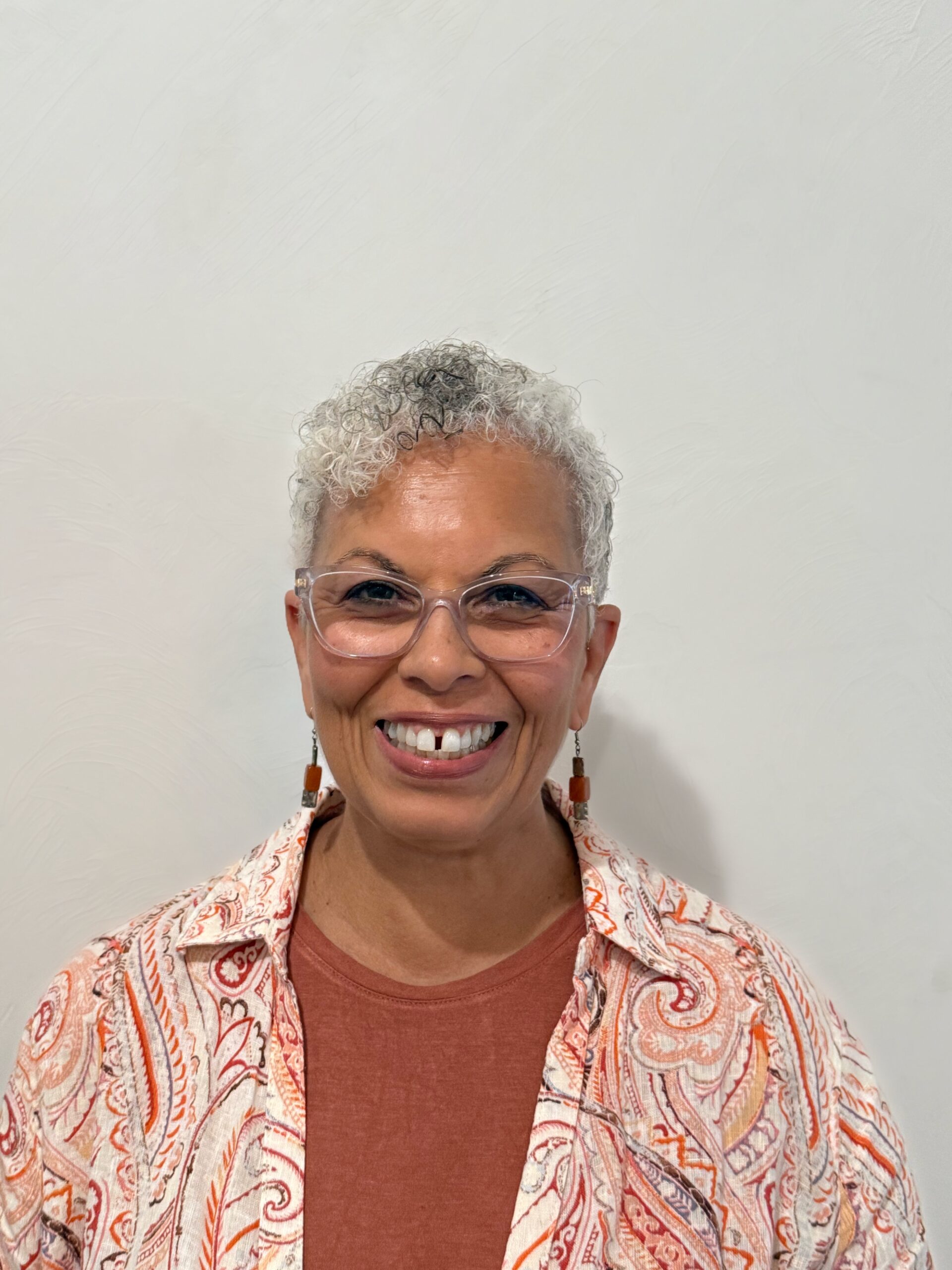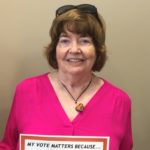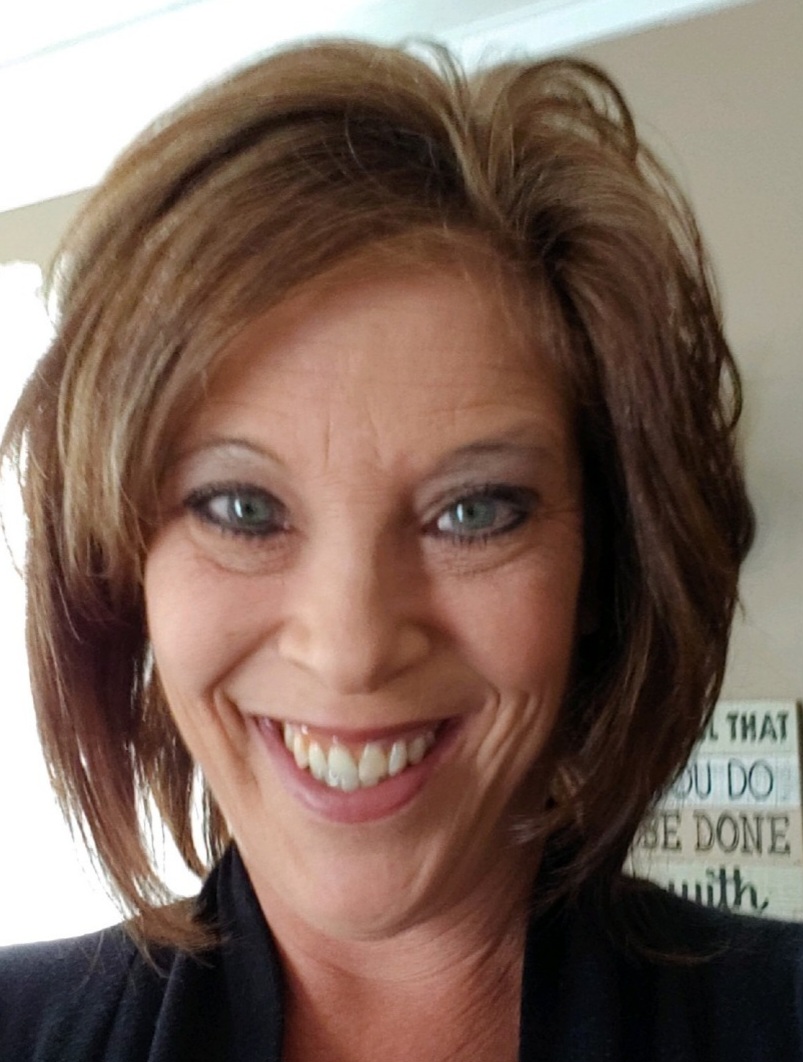Person-Centered Planning is a vision-building and future planning tool which discovers the kind of life a person desires, creates a plan for how it may be achieved, and ensures access to needed supports and services. The focus is always on the vision of what the person would like to be and do. The planning focuses on the strengths of the person rather than his/her weaknesses.
The process brings together the people who are committed to helping the person articulate his/her future vision. The people who care most deeply about this individual are called together to form a team to contribute ideas, solutions, connections and action steps to achieve goals. The kinds of people to bring together are parents, siblings, friends, school mates, relatives, community friends from church, clubs, work, educators, business people, human service representatives, etc = anyone who can make a difference in the person’s life.
Planning can happen at any time. It is especially helpful when one is about to make a major life transition such as entering the adult world. It is important to note, that this is not a one-time only meeting but an ongoing process. The values that underlie any person-centered planning are the same values that underlie transition planning processes: supporting people with disabilities in learning, loving and living in their communities.
A facilitator is chosen. This should be someone who is a good listener, is creative, and a community builder. A space to hold the meeting is selected; usually where the person is most comfortable. Invitations should be sent out to prospective participants explaining the purpose of the meeting. Two to three hours, usually of an evening, should be put aside for the session. It’s always a good idea to serve food.
Person-centered planning is a way to identify a student’s individual goals and to help students, families, and professionals craft plans that will support students as they strive to achieve their dreams.
Example: Ted is an 18 year old young man. While participating in a person-centered planning session, one particular focus was on supported employment, Ted mentioned that he would like to work in a restaurant one day. He loves to cook and helps his mom in the kitchen and his dad at the grill. At an IEP meeting following the person-centered planning session, Ted, his mom, dad, and 2 sisters along with other advocates met with his high school staff, a representative from Mass. Rehabilitation Commission and a DMR transition person. They decided that he should gain work experience in kitchens. This then became a goal on his IEP. Ted, along with a job coach, now works 3 afternoons a week in the kitchen of a local nursing home. He also volunteers one day a week in the cafe of a local gym. His family is looking into local cooking schools for additional training.
Here are some commonly used tools to conduct person-centered planning: MAPS, PATH, Essential Lifestyle Plans, Whole Life Planning, and Personal Futures Planning.














